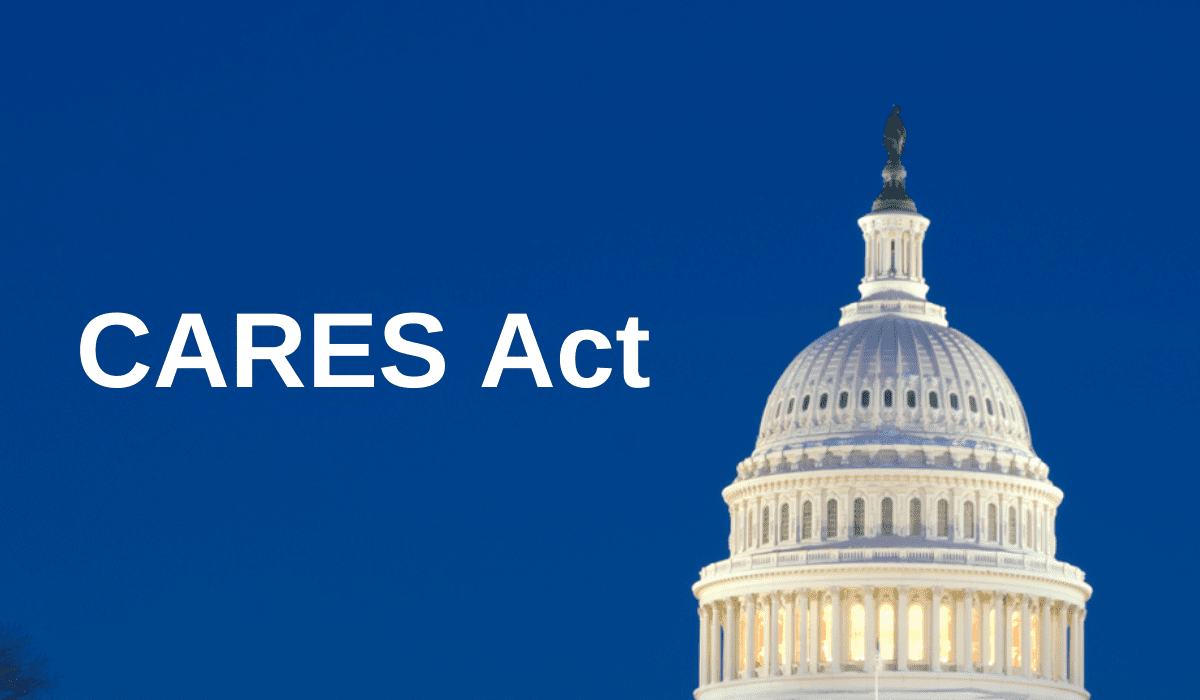Search Posts
Recent Posts
- We Cook! Mill’s Tavern’s Bison Teres Major with Truffle Moliterno, Yukon Gold Crisps, Aioli May 29, 2025
- RI Veterans: Did you know? 29.05.25 (Disability info, events, resources) – John A. Cianci May 29, 2025
- 5,000 local food benefit cards for eligible Seniors to buy fruit and veggies May 29, 2025
- Delta Dental grant brings Molar Express children’s dental care to Pawtucket and Central Falls May 29, 2025
- Rhode Island Weather for May 29, 2025 – Jack Donnelly May 29, 2025
Categories
Subscribe!
Thanks for subscribing! Please check your email for further instructions.

RI Developmental Disabilities providers to get $10 Million emergency aid from Cares Act funds
By Gina Macris, Developmental Disability News
The state of Rhode Island has agreed to set aside $10 million from the federally-funded CARES Act as a short-term safety net for private providers of developmental disability services, who are in “financial distress” as a result of the coronavirus pandemic.
The state negotiated the sum with the providers, working under an order from Chief Judge John J. McConnell, Jr. of the U.S. District Court to ensure the private agencies don’t close their doors before the end of the fiscal year June 30. McConnell must still formally approve the plan, submitted to him Dec. 21, but there do not appear to be any remaining hurdles.
The agreement between the state and the providers establishes an “I/DD (Intellectual and Developmental Disability) Provider Support Program” of grants to cover pandemic-related losses of some three dozen private agencies, which have been forced to drastically reduce daytime services at the same time they have been saddled with sharply higher costs for safety measures necessary to protect residents of group homes.
The application process for funds and the distribution of the grants will run on an accelerated timeline, with initial information flowing to providers Dec. 21 and documented grant requests due back Dec. 28, according to the filing with the U.S. District Court. Funding is to be available Jan. 8. Agencies must document how they are using the funds by Jan. 30.
The program aims to expand daytime services for adults with developmental disabilities, who in large part received center-based care until the pandemic hit and forced providers to close these facilities. Some daytime services, including employment supports, have continued, but the grants are intended to enable providers to go into clients homes as well as build on existing individualized programs.
“Home-based service alternatives require a large and flexible workforce,” according to a summary of the grant program submitted to McConnell. Providers have had difficulty finding workers, having to pay up to $30 an hour to staff some group homes.
The program is intended to enable group home staff to better protect and care for residents, some of whom have pre-existing medical conditions and are particularly susceptible to being hospitalized with the virus when they otherwise might receive care in a less restrictive setting. Ensuring hospital beds are reserved for only the sickest patients is a public health priority, the summary said.
Agencies receiving grants must agree to comply with all COVID-related public health recommendations and several other conditions that further the goals of preserving and increasing services and supporting frontline workers who provide direct care.
The specific requirements detail a commitment to essential services, outreach to those in a variety of living situations, and making “reasonable attempts” not to lay off more than 50 percent of employees.
The summary said that it will require “broad cooperation” to overcome the problems COVID-19 has caused for the developmental disability system, which will continue to face challenges as the situation evolves.
“This partnership represents an opportunity to extend that cooperation to build strong resilience for the current crisis and improve health outcomes for all Rhode Islanders in need of I/DD services and supports. The State of Rhode Island looks forward to working with critically important I/DD providers, consumers, and other stakeholders to establish and carry out this partnership,” the summary concluded.
The court-ordered negotiations grew out of a Nov. 24 hearing before Judge McConnell. The testimony laid out the ways the COVID-19 pandemic has undermined providers’ ability to serve their clients and threatened the entirety of their operations. (See related article.) The continuity of the system is essential to the state’s ability to comply with a 2014 civil rights agreement requiring the integration of adults with developmental disabilities in their communities by 2024.
In a request that McConnell approve the agreement, the state’s lawyers said the negotiations were a “collaborative effort” facilitated by the independent court monitor in the case, A. Anthony Antosh.
The state participants included representatives of the governor’s office, the Department of Administration, the Office of Management and Budget, the Executive Office of Health and Human Services, the Department of Behavioral Healthcare, Developmental Disabilities and Hospitals, and members of the General Assembly.
The providers were represented by the Community Provider Network of Rhode Island, a non-profit trade association with about two dozen members, about two thirds of the three dozen agencies providing services to adults with developmental disabilities in Rhode Island. Other providers also participated, according to the state’s private lawyers, Marc DeSisto and Kathleen Hilton.
Lawyers for the U.S. Department of Justice engaged in the talks but took “no position” on the agreement, according to a separate statement they submitted to the court.
Read the documents filed by the state here.
_____

Gina Macris is a career journalist with 43 years’ experience as a reporter for the Providence Journal in Providence, RI. She retired in 2012. During her time at the newspaper, she wrote two series about her first-born son, Michael M. Smith. Both series won prizes from the New England Associated Press News Executives Association. Michael, now in his 30s, appears on the cover page, in front of the Rhode Island State House.
